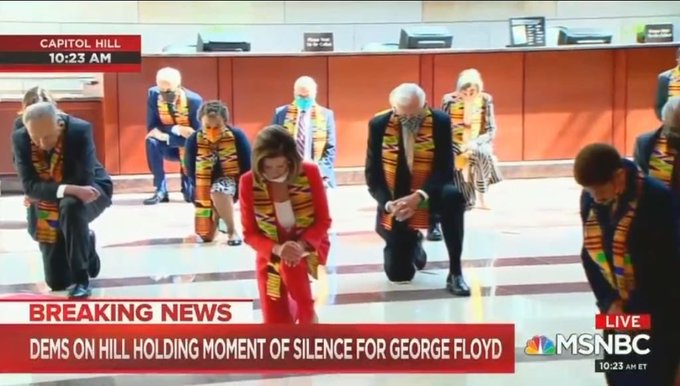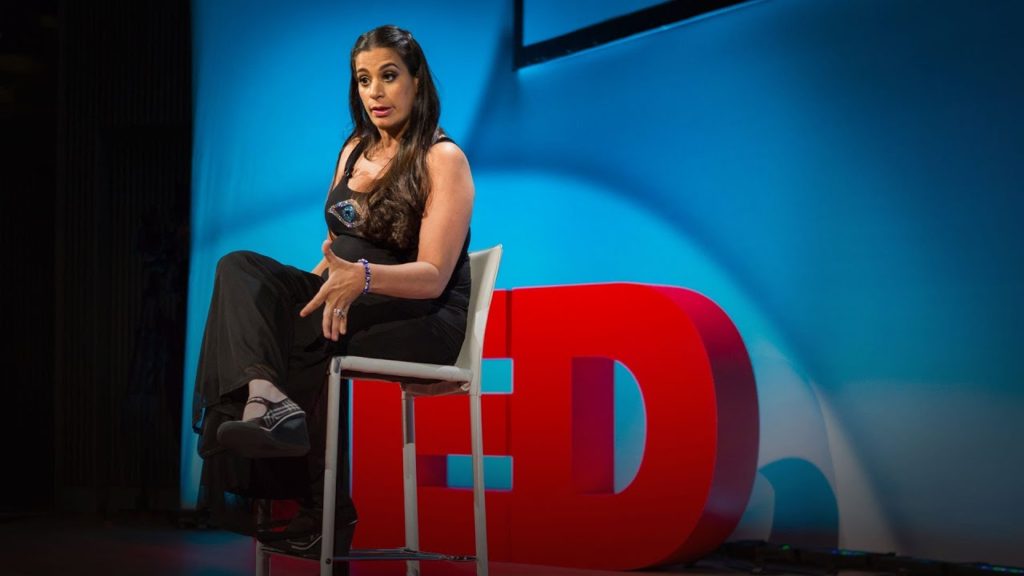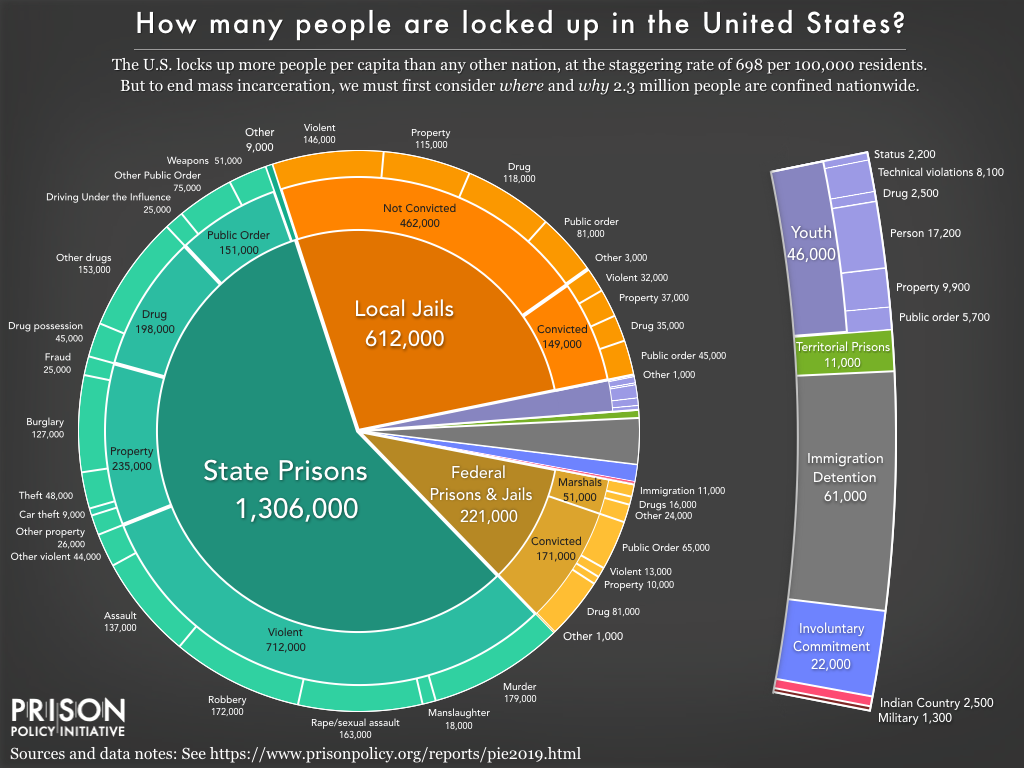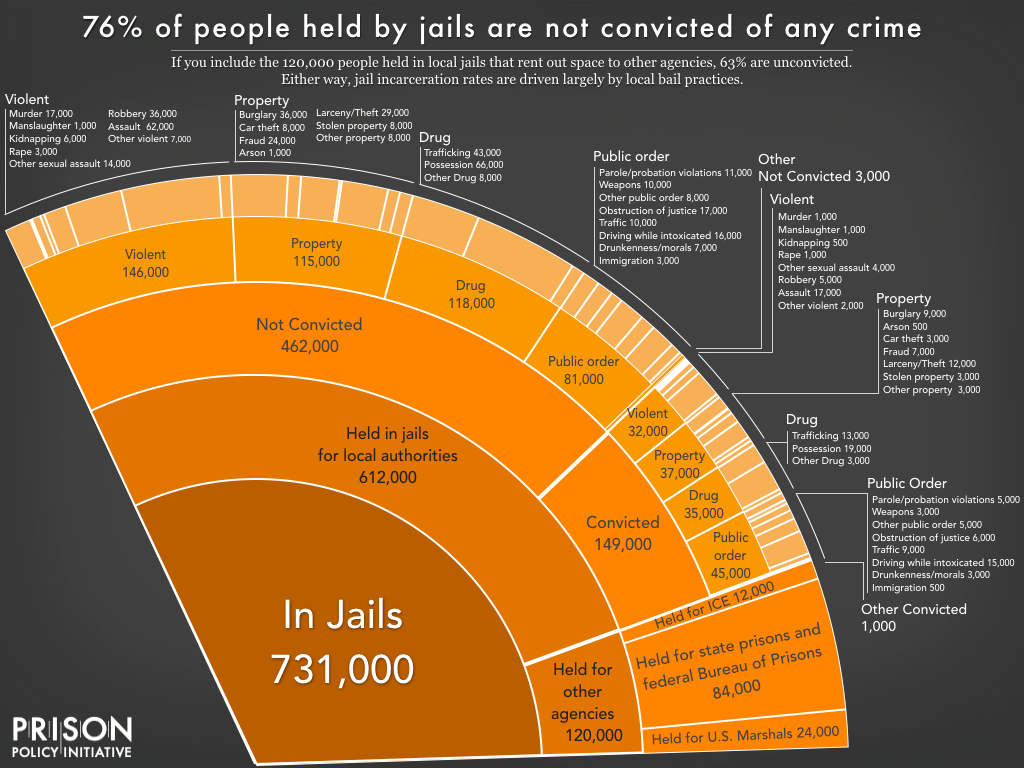Stop The Performative Activism!
Look, I get that everyone is upset about George Floyd’s death and the state of race relations in the country. Some of you are going overboard to the point where I am not sure if you really want to change the status quo or want to act like you are doing the most when you are really doing nothing!
For instance, Jacob Frey, the mayor of Minneapolis, was crying while taking a knee in front of Floyd’s coffin at the funeral. Two days later, he told a crowd of protesters that he would unequivocally not defund the police, which was immediately met with boos.
Then you have the Congressional Democrats who announced sweeping police reform legislation but couldn’t just do that. They also kneeled while wearing Kente cloth stoles. I mean, how is this any different from Trump holding a book he has never held or read before?
But it isn’t just the elected officials; it’s also the many (guilty white) people attending protests and posting on social media. I saw a white woman holding a BLM poster at my local protest last week, who just two months ago told me it was “divisive” of me to organize a racial justice book group.
I need everyone, especially white people, to stop with the performative activism. If you really want to do better by black folks, take action and don’t pull stunts. Here are some suggestions.
- Get informed: I have repeatedly mentioned a basic civics deficit among the American citizenry. We can’t be surprised that racism still exists today when the country voted to have a racist in the White House. There are many resources – books, movies, TV shows – on becoming a better antiracist. Only then can we make better, informed choices for the way our government is run and the policies that affect us.
- Stop sanitizing intolerance: A while ago, I wrote a post about the disgraceful effort by some people to try to sanitize slavery. Unfortunately, there are a lot of people who think racism is over, and we should either stop talking about it or try to whitewash or sanitize this intolerant history, like calling slaves “migrant workers.” The problem with this is that when we don’t talk about and truly understand the past, history has a way of repeating itself. Trump was elected partially because a lot of people just assumed someone like him couldn’t get elected. After all, everyone was so tolerant in 2016. But in reality, this denial actually shows how intolerance works today. We just went from the first black president to a president endorsed by the KKK.
- Call out intolerance: If you see intolerance happening, do something about it. Tell that person why their bigotry is wrong. Sitting on the sidelines being silent doesn’t help.
- Practice nonviolence: Protesting is important, and it is our first amendment right, but don’t turn your anger into physical violence. It doesn’t help, and it’s uncivilized in a democracy.
- Vote: Voting is the only way in our democracy things get done. When you don’t vote, you are a part of the problem. A lot of people didn’t vote in 2016, including blacks and millennials. It is always interesting that the people who complain the loudest about societal ills don’t vote, like Colin Kaepernick and many protesters. When you are not part of the solution, no one will take you seriously. Also, not voting is a slap in the face of so many who came before us who struggled so we can all have the right to vote.
- Engage in local politics: I know it is more interesting to follow national politics, but participating in local politics is just as, if not more, important as what is going on in Washington. There is a lot of interest in this year’s presidential election, but few people are aware of local elections. Your city councilor, state representative, alderman, the mayor, and other local elected officials have a greater impact on your day-to-day quality of life. For instance, if you are a person of color, you should definitely care about who your local district attorney is, as that person will be in charge of making major life and death decisions about you if you get in trouble with the law.
- Volunteer in your community: Doing volunteer work for a local nonprofit is a great way to give back to your community. It also gives you better insight into your community’s many challenges and how to make things better for everyone. I volunteer my time at my local library, supporting literacy issues, and working for my local economic development committee, and mentoring at-risk young women.
- Organize in your community: If there is an issue you care about and there isn’t a group for it yet, why not organize your own group! It is very easy today to organize, especially with social media.
- Support organizations that do good work: If you don’t have the time to volunteer, provide support to organizations doing good work in other ways with monetary or in-kind donations.
- Talk to someone different from you: Yes, everyone would benefit from widening their social network to include all types of diversity, including race, ethnicity, gender, sexual identity, religion, geographic location, and even political persuasion. I had a good, long conversation on the Saturday following the November 2016 election with a very good friend of mine who is a Christian, white guy from rural Michigan about why he and others in his community voted for Trump. Even though we respectfully disagreed on many issues, it was good to talk out our differences and understand where each of us is coming from.
- Actually, talk to someone in person: Social media and all the accessible technology we have today are great, but sometimes things said on these networks can get lost in translation. Also, it is easier to say hurtful or untrue things about people online than to a person’s face. The internet has become a cesspool for cyberbullying and bigoted vitriol. Instead of getting on Facebook, pick up the phone, or better yet, talk to people in person.
- Stop the empty gestures: Showing up to a protest is a great way of showing you are “safe and welcoming” to marginalized groups such as people of color, immigrants, Muslims, women, and LGBT folks. But in reality, these are just empty gestures that don’t mean anything if you are not actually doing something to create a safe and welcoming space. Is your workplace diverse? Do you have diverse friends? Do you try to talk about these issues with your family and friends? Do you point out injustice when you see it? How are you educating yourself on these issues? What are YOU doing in your everyday life to make sure black lives do matter? If you are only showing up at a protest or tagging #BlackLivesMatter on social media, it only gives temporary self-satisfaction and the false illusion that you are doing something when you are really not doing anything. Instead, please do any of the above activities. Trust me; marginalized groups would prefer that.




